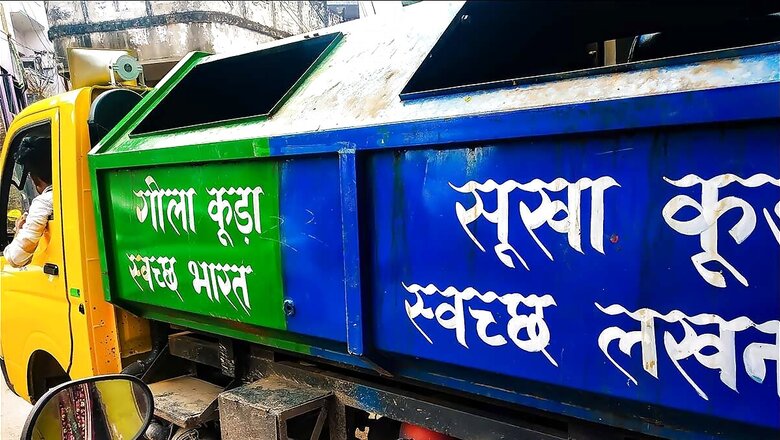
views
Waste Management: A Vital Environmental Concern
Waste management is a critical and pressing need today, driven by the detrimental impact of improper waste disposal and mismanaged landfills, which result in ground and air pollution, adversely affecting both people and the environment. In essence, waste can be categorized into four main types: industrial waste (including scrap metals, oils, solvents, and chemicals), domestic waste (comprising fruit and vegetable peels, paper, and cardboard), commercial waste (encompassing cafeteria waste, paper, and cardboard), and agricultural waste (involving crop residues, leaf litter, and weeds). Managing these various types of waste involves a series of steps:
- Collection
- Transportation
- Valorization (treatment)
- Disposal
Fundamental principles guide waste management practices, including the well-known “3Rs” rule, emphasizing the importance of reducing, reusing, and recycling, with reduction as the primary goal. Extended producer responsibility is another key principle, advocating for the inclusion of environmental and end-of-life disposal costs in a product’s overall value. Additionally, the “polluter pays” principle holds waste generators accountable for appropriate waste disposal costs.
Conventional Waste Management Solutions
Two common methods for waste management are landfill and incineration:
- Landfill: This method involves burying waste in designated landfills, typically equipped with gas extraction systems to capture gasses generated during decomposition. However, landfills emit harmful greenhouse gasses like methane, contributing to air pollution and the greenhouse effect.
- Incineration: Waste is subjected to high temperatures to incinerate it, reducing it to ashes, gas, and heat energy. While effective for hazardous industrial waste, incineration can be costly and is less feasible for managing the majority of waste produced in India.
Sustainable Waste Management Solutions
Sustainable waste management solutions prioritize environmentally friendly practices that safeguard human health and the well-being of future generations. Here are some popular sustainable waste management approaches:
- Decentralized Waste Management: This focuses on waste segregation at the source. When individuals separate waste by category, it aids centralized waste management institutions in efficient waste handling, including decomposition of organic waste, recycling of reusable materials, and careful treatment of hazardous waste.
- Biological Reprocessing (Composting): Composting decomposes organic waste into nutrient-rich compost, improving soil fertility. While cost-effective, this method requires manual effort and can be time-consuming. Innovative composting solutions, like our GoClean composters, offer a more efficient approach.
- Reduce, Recycle & Reuse: Promoting recycling and reusing materials minimizes energy consumption, diverts waste from landfills and incineration, and provides raw materials for new products. Increasing the availability of recycling bins and encouraging product reuse can significantly reduce waste.
The most significant challenge in effective waste management lies in educating and raising awareness among the population, particularly in countries with large populations like India. Measures to address this issue may include establishing awareness programs and developing waste disposal policies.
At Clean India Ventures, we contribute to waste management solutions with our organic waste composter processors. These devices efficiently reduce and recycle organic waste, transforming it into organic compost and liquid fuel. Our models cater to various waste types, such as kitchen waste, temple waste, and food waste, helping make the environment cleaner and healthier.




















Comments
0 comment